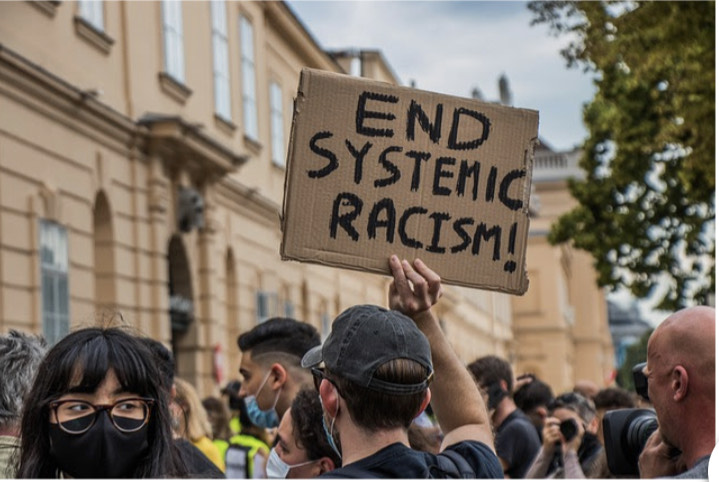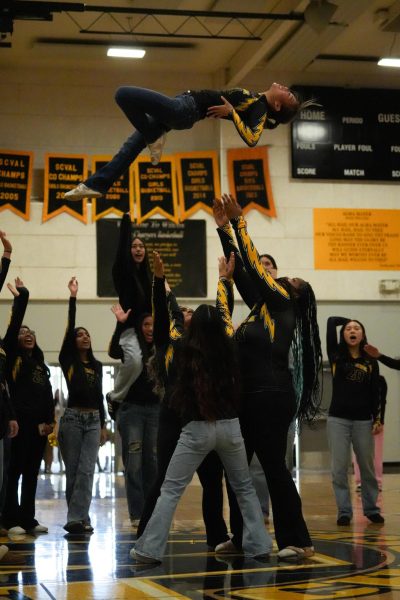Reposts to Retweets: Are They Really Helping?
Ever since the rise of social media, a pattern of reposting and retweeting about provocative issues such as Black Lives Matter has become very common. Even though many participate in this trend, do they really know how effective their advocacy is?
Even though using social media to spread awareness has been a common practice since various social media platforms were first introduced, it became popular during the height of COVID-19. Because most people were staying home and were unable to go outside of their social bubbles, it was hard for them to express their opinions on certain topics in the real world without putting other people in danger. This is where the convenience of social media came in, as it allowed teenagers and young adults to share and repost specific posts that highlighted the message they wanted to get across.
If a certain individual, if finding a post they felt particularly strongly about, wanted to get the message across to their respective audience, they would click a certain button and have it featured on their personal profile. This did have the potential to be viewed positively, but there has been a lot of controversy revolving around the effectiveness of doing this.
Taking the Black Lives Matter movement from mid-2020 as an example, it is clear that social media has helped victims of police brutality to be heard. Without the information that various social media platforms can provide, as an informational New York Times Article states, “we might never have seen the video of [George Floyd’s] killing or known about Breonna Taylor or other victims of police brutality”.
On the other hand, a research study conducted by Iowa State University produced results indicating that 71% of the people asked agreed with the statement that “social media makes people believe they’re making a difference when they really aren’t” (Anderson et al., 2018, p 20). Additionally, a “smaller share of [Black people] believed that political engagement on social media produced significant downsides in the form of a distracted public or ‘slacktivism’ (Anderson et al., 2018). I believe that without the sheer number of people who expressed their support for Black Lives Matter in times of need, those who chose to stay off the news and therefore ignorant would not have gotten involved with it and would not have thought to learn more about the topic.
To an extent, the reposting and retweeting that people did help- it helped others to learn more about the issues that plague society and made them more aware of their privilege and platform that they could so easily use to help people.
As Pew Research Center states, “[r]oughly a quarter (23%) of social media users in the United States… say they have changed their views about a political or social issue because of something they saw on social media in the past year, according to a July Pew Research Center survey”.
Although this may not seem like a large percentage, it could mean that people are starting to become more aware of issues affecting the people around them, and will slowly start to make changes in their lifestyles to accordingly assist them. A seemingly miniscule twenty three percent of social media users could potentially go on to learn and study more about current social issues plaguing the globe, and spread the information they learned to more people- which could have the potential to save many worldwide.






